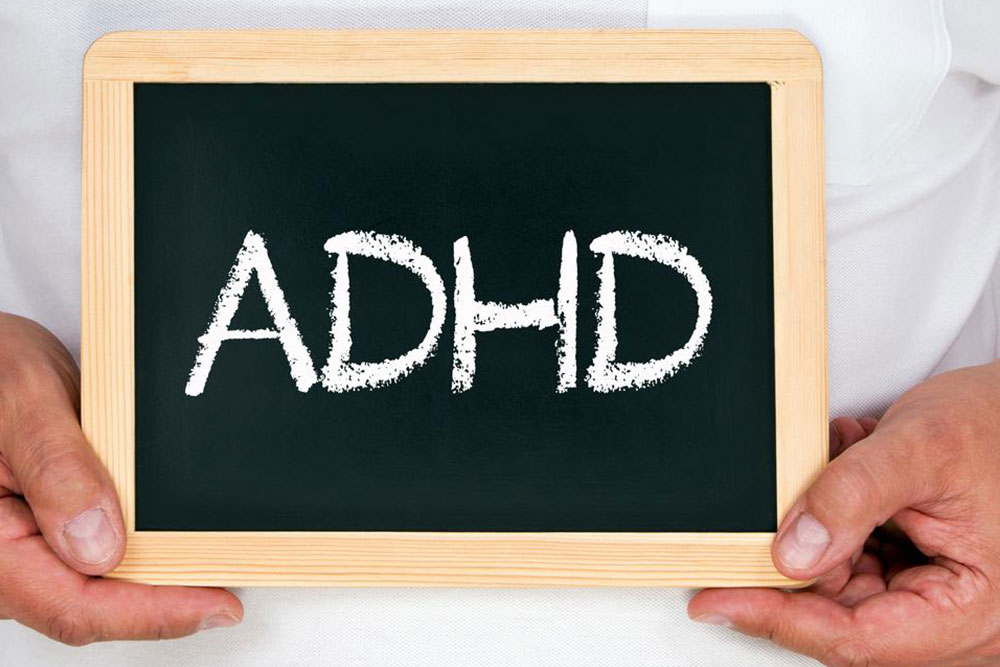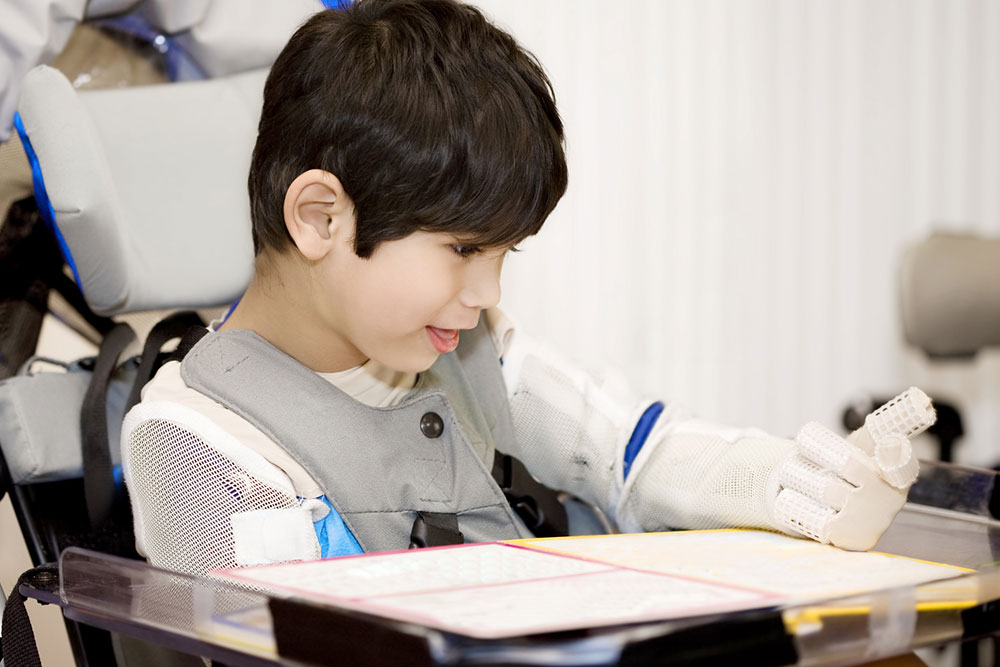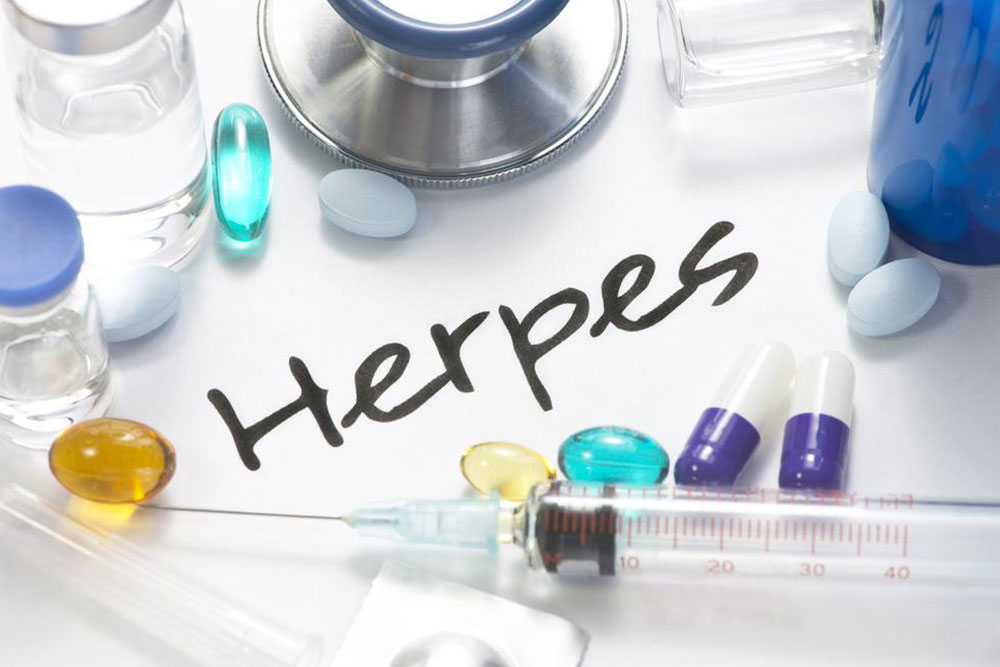Recognizing Signs of Narcissistic Personality Disorder
This article explores the key signs of narcissistic personality disorder (NPD), including inflated self-importance, lack of empathy, and a constant need for admiration. Recognizing these symptoms early can lead to timely treatment, improving personal and relational well-being. Understanding NPD is essential for mental health awareness and appropriate intervention, especially as it can significantly impact an individual's life and relationships.

Recognizing Signs of Narcissistic Personality Disorder
In today’s society, appearance and self-presentation often overshadow inner qualities. While healthy self-esteem is valuable, problems arise when one’s self-love turns into excessive self-centeredness, neglecting others' feelings. This extreme self-focus can indicate a mental health issue known as narcissistic personality disorder (NPD). Derived from the Greek myth of Narcissus, who drowned gazing at his reflection, NPD is characterized by an inflated sense of importance and lack of empathy. Recognizing its symptoms early is crucial for effective treatment.
The main symptoms of narcissistic personality disorder include:
Inflated self-worth
Individuals with NPD often have an exaggerated sense of importance, believing they are more special than others, which can lead to relationship issues.
Dislike of criticism
They react defensively or with anger when confronted with criticism, perceiving it as a personal attack.
Desire for dominance
Such individuals seek positions of power, often abusing their authority to maintain control.
Lack of empathy
They find it difficult to understand or care about others' feelings, which can cause harm.
Need for admiration
Constant craving for attention and admiration is typical, sometimes leading to manipulative behaviors to stay in the spotlight.
Low self-esteem concealed by arrogance
Despite appearing confident, they often struggle with insecurity, compensating by belittling others.
Unrealistic goals
They set unattainable expectations, risking disappointment and aggression when goals aren’t met.
Risk of substance abuse
Many with NPD may turn to alcohol or drugs as escapism, worsening their condition.
Early psychiatric intervention can help manage symptoms, but ignoring these signs may have serious consequences.










